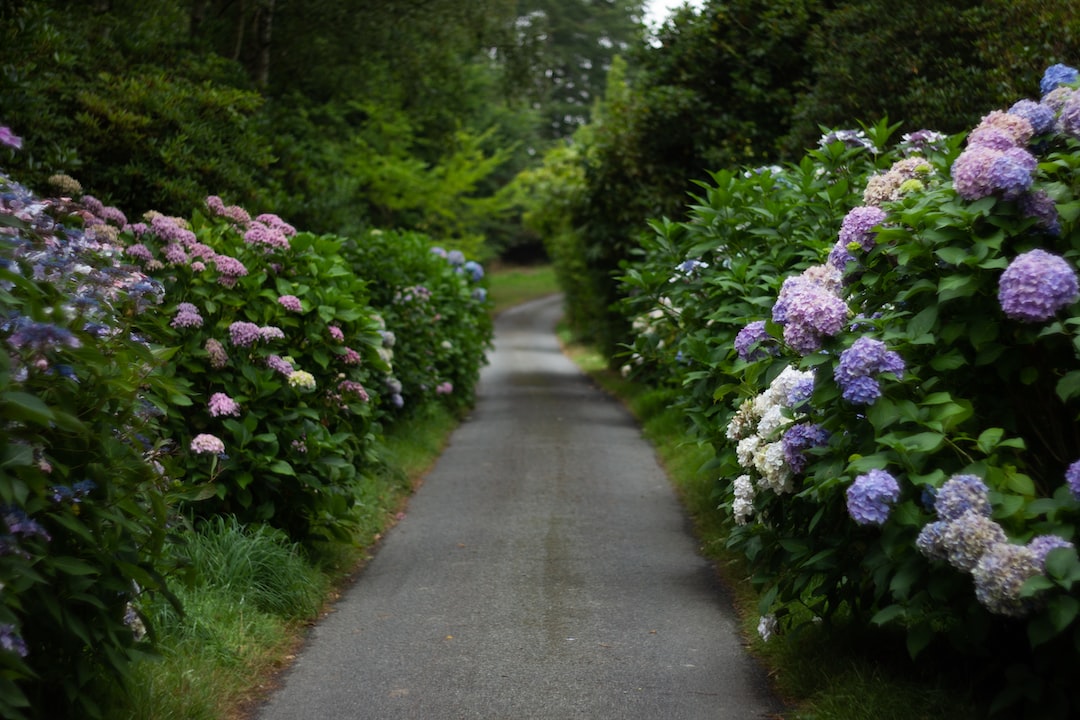Title: Dealing with Common Garden Pests: Natural Pest Control Methods
Introduction (100 words)
Gardening is a wonderful hobby that brings us closer to nature and allows us to enjoy the beauty and rewards of nurturing plants. However, it is often accompanied by the inevitable presence of pests that can damage or destroy our beloved botanical treasures. Instead of resorting to harmful chemicals that can upset the delicate ecological balance, why not try natural pest control methods? This blog post will discuss effective ways to deal with common garden pests while embracing eco-friendly solutions that will keep your plants safe and healthy.
1. Companion Planting (200 words)
Companion planting is the practice of growing certain plants together to enhance their growth or ward off pests. This method utilizes the natural repellent properties of certain plants to protect neighboring crops. For instance, marigolds repel aphids, nematodes, and several types of beetles, making them great companions for vegetable plants such as tomatoes or peppers. On the other hand, planting basil near your tomato plants can deter tomato hornworms and other pests. Understanding which plants complement each other and create a harmonious ecosystem is the key to successful companion planting.
2. Beneficial Insects (200 words)
Another natural pest control method is attracting beneficial insects to your garden. Unlike destructive pests, beneficial insects prey on destructive pests, helping to maintain the delicate ecosystem in your garden. Ladybugs, lacewings, and praying mantises are well-known predators of garden pests such as aphids, mealybugs, and caterpillars. By providing a diverse range of flowering plants and nectar sources, you can attract these beneficial insects and keep pest populations in check.
3. DIY Natural Insect Sprays (200 words)
If pests are already causing damage in your garden, don’t worry, there are natural insect sprays you can make at home. A simple recipe using common ingredients includes mixing water, dish soap, and a few drops of neem oil. Neem oil is a natural pesticide derived from the seeds of the neem tree that can disrupt the life cycles of many common garden pests. Other options include garlic-infused water or chili pepper spray, which pests find unappealing due to their pungent or spicy aroma. These homemade sprays are effective in deterring pests without harming beneficial insects or posing risks to the environment.
4. Physical Barriers and Traps (200 words)
If you’re dealing with larger pests like rabbits, deer, or birds, consider using physical barriers such as fences, netting, or row covers. These barriers create a physical barrier to prevent pests from accessing your plants. Additionally, you can set up traps like sticky traps or beer traps to capture slugs and snails. Beer traps work by attracting and drowning these pests, while sticky traps catch and immobilize insects like flies, aphids, or whiteflies. Physical barriers and traps are non-toxic and provide an effective means of preventing pests from causing significant damage.
5. Crop Rotation and Soil Management (200 words)
Crop rotation is an effective way to interrupt the life cycles of pests and prevent their buildup in the soil. By alternating crops each season, pests that rely on specific plant species are unable to survive, reducing the risk of infestations. Additionally, proper soil management, including regular fertilization, composting, and mulching, helps create healthy plants that are better equipped to resist pest attacks. Ensuring that your plants are receiving proper nutrition and growing in fertile soil promotes their overall health, making them less susceptible to pest damage.
Conclusion (100 words)
Dealing with common garden pests doesn’t need to involve harmful chemicals or drastic measures. By embracing natural pest control methods, we can successfully protect our gardens while preserving the delicate balance of our ecosystems. From companion planting to DIY sprays and physical barriers, there are countless strategies for keeping pests at bay without posing risks to ourselves, our environment, or our beloved plants. By opting for natural pest control, we can enjoy a healthy and thriving garden that is in harmony with nature.

